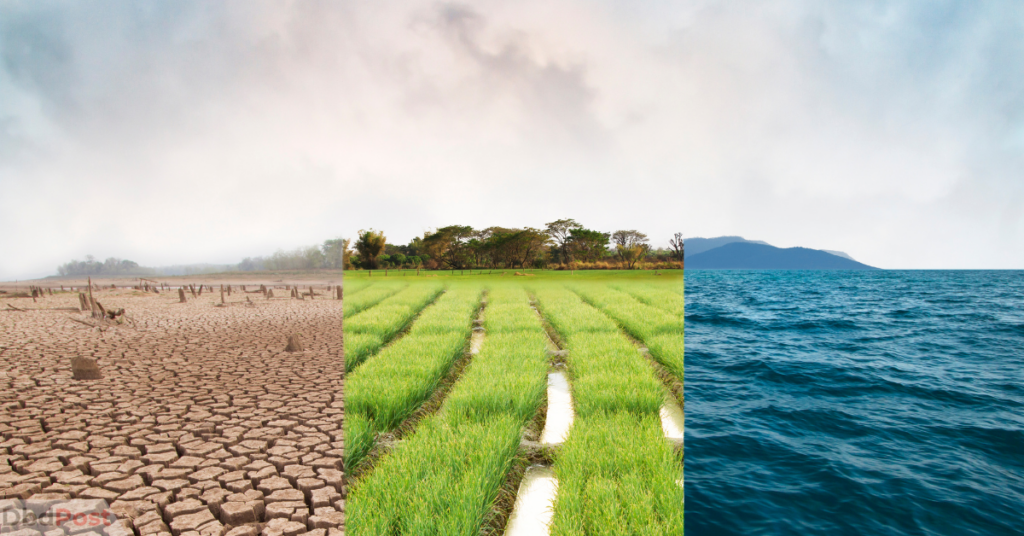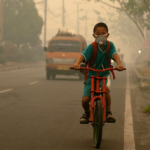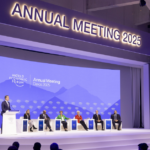The 20th edition of the World Economic Forum’s Global Risks Report, released today, reveals critical challenges ahead.
The report highlights an increasingly fractured world dominated by geopolitical, environmental, societal, and technological risks.
State-based armed conflict ranks as the most pressing risk for 2025. Nearly one-quarter of experts surveyed identified it as the most severe threat.
It reflects escalating geopolitical tensions that could destabilize entire regions.
Misinformation and disinformation remain persistent short-term risks. These issues erode trust in institutions and deepen societal divides.
As trust diminishes, governance becomes more complex.
Environmental risks dominate the long-term outlook. The top risks are severe weather occurrences, biodiversity depletion, and ecosystem breakdown.
Natural resource shortages and pollution also threaten ecological and human health.
Pollution ranks high in both short- and long-term perspectives. Its impact on health and ecosystems is now widely recognized. From air to water, pollutants are causing serious harm globally.
Technological Risks: A Double-Edged Sword
Rapid technological advancements create new challenges. Innovation can solve problems, but it also introduces risks. One such concern is the misuse of artificial intelligence.
Misinformation intertwines with technological risks. False information spreads quickly, undermining trust and fueling societal polarization. These issues destabilize critical systems.
Societal risks like inequality and polarization are also increasing. Growing gaps between socioeconomic groups have far-reaching effects, and governance struggles to keep pace with these challenges.
Debt burdens and illicit economic activities worsen these risks. The concentrationThe concentration of strategic resources adds further complexity.
As these issues escalate, domestic instability grows.
Addressing Fragmentation: The Need for Cooperation
The report’s long-term projections paint a troubling picture. Nearly two-thirds of respondents expect a turbulent world by 2035, and challenges in environmental, societal, and technological sectors will intensify.
Over half of the experts surveyed predict instability within two years. International cooperation is eroding, hindering the ability to address interconnected crises effectively.
Geopolitical tensions drive much of this instability. Competition among significant powers weakens multilateralism. Fragmented global order risks escalating conflicts and worsening climate crises.
Turning inward will not solve these problems. Today’s challenges require coordinated, collective action. Leaders must focus on fostering dialogue and rebuilding trust.
Without action, the risks of instability will grow. Current governance structures have limitations. Nations must address these weaknesses to prevent fragmentation.
The report’s findings stress the consequences of inaction. Choices made now will affect future generations, and leaders have a critical opportunity to reshape global systems.
The Global Risks Report offers both warnings and guidance. It calls for renewed efforts to strengthen global cooperation. With decisive action, a better future is possible.
The stakes have never been higher. Today’s decisions will shape the world’s trajectory, and leaders must rise to the occasion and act decisively.
- 107shares
- Facebook Messenger
About the author
Draven Watson is a seasoned Global News Expert at DbdPost.com with extensive experience in analyzing and reporting international developments. Known for his sharp insights and comprehensive coverage, Draven unpacks the complexities of global events, offering readers a deeper understanding of the issues shaping our interconnected world.





